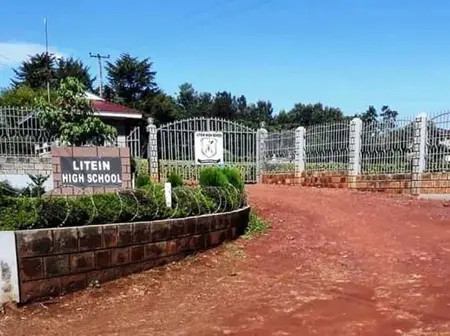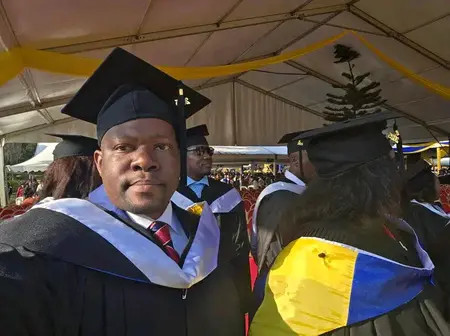
A quiet school morning in Kericho County quickly turned into chaos when students at Litein Boys High School went on a rampage, damaging classrooms, laboratories, and even vehicles within the compound.
The institution has now been closed indefinitely, leaving many to wonder how a place meant for learning could end in such destruction. What drives young learners to channel their frustrations through damage instead of dialogue?
The closure of Litein Boys in Bureti has drawn wide attention, with many parents and community members left searching for answers.
According to this report shared on Facebook, property worth millions has been destroyed. For a school that has stood for years as a hub of education, this turn of events feels deeply unsettling.
Schools are often described as safe havens, where young people grow not just in knowledge but also in discipline and values. Yet, when unrest breaks out within their walls, the ripple effects go beyond the gate.
Parents are left worried, teachers feel defeated, and communities ask hard questions about what may be brewing underneath the surface. The indefinite shutdown of Litein Boys will disrupt lessons, and families now face the burden of uncertainty about their children’s academic future.
Across Kenya, similar incidents have been reported in different schools in the past. Each case raises the same concern: are students being heard enough before frustrations reach such extremes?
Authorities often respond with closure and punishment, but deeper conversations about discipline, stress, and communication between students and administrators seem necessary.
The situation at Litein Boys is not just about broken windows and burnt equipment. It is about broken trust between young learners and those guiding them.
If solutions are not found, such events will continue to harm education, one institution at a time.
The ruins left behind are more than just physical damage; they serve as a reminder that silence and bottled anger in schools can explode in harmful ways.
For parents, teachers, and leaders, this moment calls for reflection on how best to guide the next generation before more learning spaces are lost.
Thank you for your time. Kindly share, like, and comment on this article.





